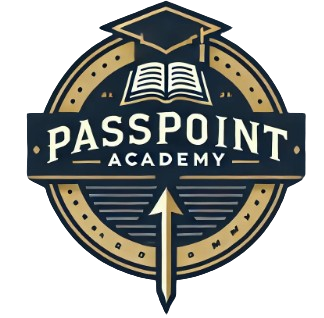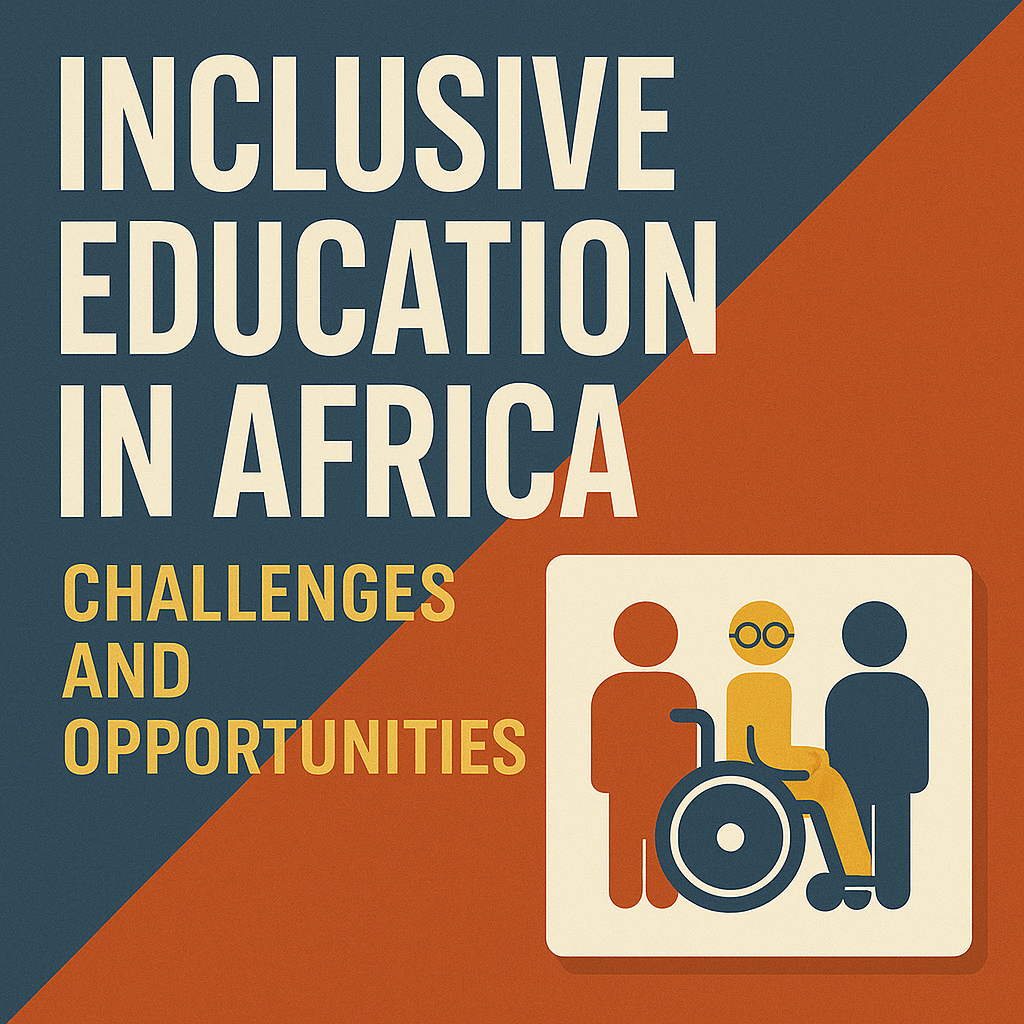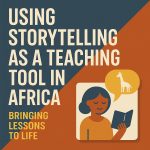Welcome to the PassPoint Knowledge Base, your hub for insights and practical guidance for educators across Africa. Today, we’re exploring inclusive education—an approach that aims to provide equitable learning opportunities for all learners, regardless of their background or abilities.
 What is Inclusive Education?
What is Inclusive Education?
Inclusive education means creating learning environments that accommodate the diverse needs of all students, including those with disabilities, learning difficulties, or from marginalized communities. It is about ensuring that every child has a fair chance to succeed, learn, and thrive.
At PassPoint Academy Africa, we celebrate and share practical strategies, research findings, and real-life examples that can inspire educators to foster inclusive learning communities.
 Challenges Facing Inclusive Education in Africa
Challenges Facing Inclusive Education in Africa
While the vision of inclusive education is inspiring, many African educators face real challenges that can hinder its effective implementation:
 Limited Resources and Infrastructure
Limited Resources and Infrastructure
Many schools across Africa operate with limited budgets, inadequate facilities, and a lack of specialized equipment or technologies that support learners with special needs. Classrooms may be overcrowded, making it difficult for teachers to give individual attention.
 Teacher Training and Capacity
Teacher Training and Capacity
A significant barrier to inclusive education is the shortage of teachers trained to support diverse learning needs. Teachers often feel unprepared to manage classrooms that include learners with disabilities or learning difficulties. Continuous professional development and mentorship are critical to building teachers’ confidence and capacity.
 Cultural and Social Barriers
Cultural and Social Barriers
In some communities, disabilities are still misunderstood, leading to stigma and exclusion of learners from mainstream education. These cultural attitudes can affect both students and teachers, making it harder to fully integrate inclusive practices in schools.
 Policy Gaps and Implementation
Policy Gaps and Implementation
Although many African countries have policies that promote inclusive education, translating these policies into meaningful change remains a challenge. Implementation often falls short due to inadequate funding, lack of monitoring, and limited coordination among stakeholders.
 Limited Resources and Infrastructure
Limited Resources and InfrastructureMany schools across Africa operate with limited budgets, inadequate facilities, and a lack of specialized equipment or technologies that support learners with special needs. Classrooms may be overcrowded, making it difficult for teachers to give individual attention.
 Teacher Training and Capacity
Teacher Training and CapacityA significant barrier to inclusive education is the shortage of teachers trained to support diverse learning needs. Teachers often feel unprepared to manage classrooms that include learners with disabilities or learning difficulties. Continuous professional development and mentorship are critical to building teachers’ confidence and capacity.
 Cultural and Social Barriers
Cultural and Social BarriersIn some communities, disabilities are still misunderstood, leading to stigma and exclusion of learners from mainstream education. These cultural attitudes can affect both students and teachers, making it harder to fully integrate inclusive practices in schools.
 Policy Gaps and Implementation
Policy Gaps and ImplementationAlthough many African countries have policies that promote inclusive education, translating these policies into meaningful change remains a challenge. Implementation often falls short due to inadequate funding, lack of monitoring, and limited coordination among stakeholders.
 Opportunities for Growth and Improvement
Opportunities for Growth and Improvement
Despite the challenges, there is a growing movement towards making inclusive education a reality across Africa. Educators, communities, and governments can work together to turn these opportunities into lasting change:
 Investing in Teacher Development
Investing in Teacher Development
Ongoing training and support can empower teachers with the skills and confidence they need to manage diverse classrooms. Professional development initiatives can include workshops, peer mentoring, and online resources tailored to inclusive teaching.
 Leveraging Community Support
Leveraging Community Support
Inclusive education is most effective when parents, caregivers, and community leaders are engaged. By raising awareness and encouraging open dialogue, communities can help to break down stigmas and support inclusive practices in schools.
 Embracing Digital Learning Tools
Embracing Digital Learning Tools
The rise of technology in education offers opportunities to reach learners with diverse needs. Digital tools can help bridge resource gaps, provide personalized learning experiences, and enable teachers to differentiate instruction more effectively.
 Strengthening Policy Implementation
Strengthening Policy Implementation
Collaborative efforts among educators, policymakers, and civil society can help turn inclusive education policies into tangible actions. Effective monitoring, community feedback, and sharing best practices can all contribute to meaningful progress.
 Investing in Teacher Development
Investing in Teacher DevelopmentOngoing training and support can empower teachers with the skills and confidence they need to manage diverse classrooms. Professional development initiatives can include workshops, peer mentoring, and online resources tailored to inclusive teaching.
 Leveraging Community Support
Leveraging Community SupportInclusive education is most effective when parents, caregivers, and community leaders are engaged. By raising awareness and encouraging open dialogue, communities can help to break down stigmas and support inclusive practices in schools.
 Embracing Digital Learning Tools
Embracing Digital Learning ToolsThe rise of technology in education offers opportunities to reach learners with diverse needs. Digital tools can help bridge resource gaps, provide personalized learning experiences, and enable teachers to differentiate instruction more effectively.
 Strengthening Policy Implementation
Strengthening Policy ImplementationCollaborative efforts among educators, policymakers, and civil society can help turn inclusive education policies into tangible actions. Effective monitoring, community feedback, and sharing best practices can all contribute to meaningful progress.


 Conclusion
Conclusion
